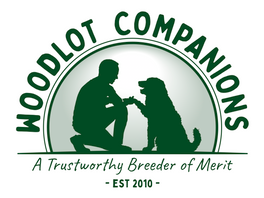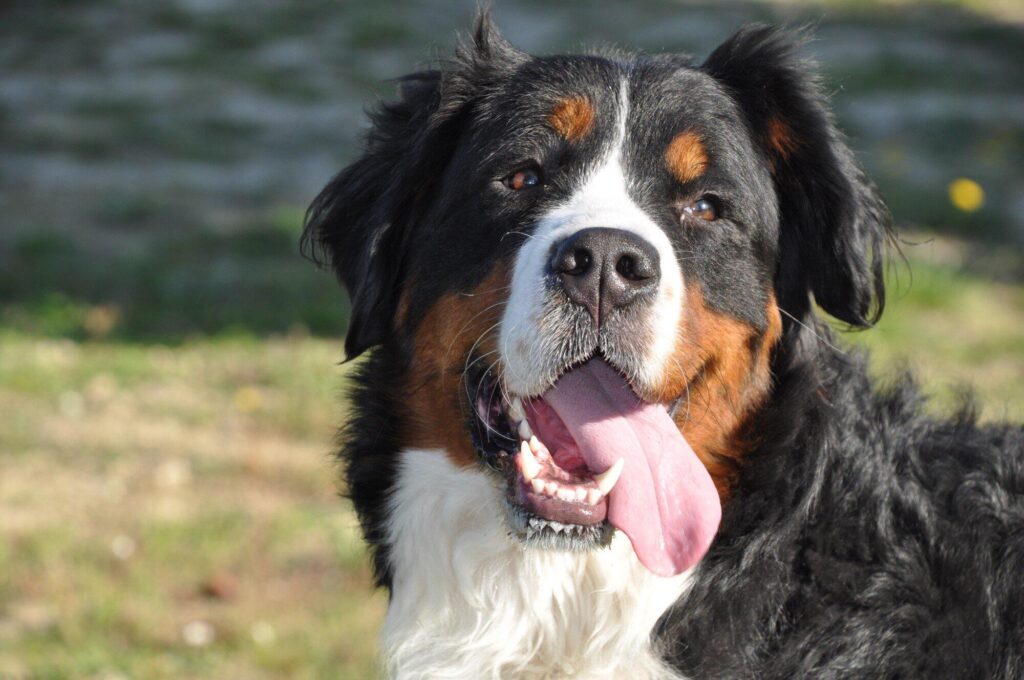Pet owners devote an astonishing average of 832 hours a year to cleaning up after their furry friends. For Bernese Mountain Dog owners, Bernese Mountain Dog shedding can turn this challenge into a full-time job, with thick, fluffy fur finding its way into every corner of your home.
If you’re nodding along, knowing that vacuuming just doesn’t seem to cut it, you’re not alone. This article is your first step towards reclaiming your space. Here, you’ll discover not just quick fixes, but sustainable strategies to significantly reduce shedding and maintain a cleaner, more inviting home.
Read on to transform how you handle your beloved Berner’s bountiful fluff.
The Basics of Bernese Mountain Dog Shedding
Bernese Mountain Dogs are known for their thick, beautiful coats that keep them warm in cold climates. However, this also means they shed a lot, especially during the spring and fall when they change their coats.
While some dogs shed evenly throughout the year, Bernese Mountain Dogs tend to have two major shedding seasons. During these times, they lose their old coat to make room for a new one that is better suited to the upcoming weather conditions.
This doesn’t mean they won’t shed at other times, but during spring and fall, the amount of hair can significantly increase.
Essential Grooming Techniques
One of the best dog grooming tips for Bernese Mountain Dog owners is to establish a routine brushing schedule. Weekly brushing not only helps reduce the amount of hair shed around your home but also keeps your dog’s coat healthy and mat-free.
For Bernese Mountain Dogs, using a slicker brush or a long-toothed undercoat rake can be especially effective. These tools reach through their thick fur to remove loose undercoat hair before it can fall out. It also distributes natural skin oils throughout their coat to keep it healthy and shiny.
Regular Baths
Bathing your Bernese Mountain Dog too frequently can strip their coat of natural oils, but not bathing them enough can contribute to excess shedding. Finding a balance is key.
Generally, bathing your Bernese every two to three months or when they seem particularly dirty is a good rule. Use a dog-specific shampoo that supports coat health to help reduce shedding and keep their skin clean and hydrated.
Nail and Ear Care
While often overlooked, maintaining your dog’s nails and ears is also part of essential grooming. Long nails can cause discomfort and even affect a dog’s gait, which indirectly might impact how they shed by affecting their overall health.
Regular ear cleaning prevents infections and contributes to overall health and well-being.
A Balanced Diet and Supplements for Healthy Fur
A well-balanced diet is essential for maintaining the luxurious coat of a Bernese Mountain Dog. What they eat directly impacts the health of their fur and skin. Incorporating the right nutrients into their diet can greatly enhance dog fur management and reduce problems related to excessive shedding.
Essential Nutrients for a Healthy Coat
Protein is the building block of hair, so high-quality protein sources like chicken, beef, or fish should be a significant part of a Bernese Mountain Dog’s diet. Omega-3 fatty acids, found in fish oil and flaxseed, are also crucial. Regularly including these can help minimize shedding and improve the overall health of the fur.
Vitamins A and E also play important roles. Vitamin A supports skin maintenance and fur growth, while Vitamin E protects skin cells from oxidative damage. Both vitamins can be found in commercial dog foods, but adding a supplement can be highly beneficial.
Zinc supplements can also improve coat condition, as zinc deficiency often leads to hair loss. However, it’s important to consult with a vet before introducing supplements into your dog’s diet to ensure they are given in the correct dosage.
Hydration for Healthy Skin and Fur
Water is just as important in dog fur management. Keeping your Bernese Mountain Dog well-hydrated helps ensure their skin is not dry, which can exacerbate shedding. Fresh, clean water should always be available, and wet food can also help increase fluid intake.
Creating an Ideal Living Environment
The place where your Bernese Mountain Dog lives can really affect the health of their coat. Setting up a living area that helps them feel good is a big part of taking care of your Bernese Mountain Dog.
Keeping the Right Temperature and Humidity
It’s important to keep the air in your home at a steady temperature and moisture level. This stops their skin from getting too dry or too oily, both of which can make them shed more hair.
In the winter, when it’s colder outside for your dog, using a humidifier can help keep their skin and coat healthy.
Outdoor Spaces That Are Safe and Fun
Having a secure place outside where your Bernese can play and get fresh air and sunlight is great for their overall health. Sunlight gives them natural Vitamin D, which is good for their skin, and running around outside makes their blood flow better. This helps their skin and coat stay healthy.
A Cozy Spot to Sleep
It’s also key to give your dog a clean and comfy place to sleep. You should wash their beds often to get rid of hair and skin flakes, which keeps things clean and cuts down on stuff that could irritate their skin.
Choose bedding that doesn’t hold in heat to help your dog stay cool, which is also good for their skin and coat.
Strategies for a Clean Home and a Happy Pet
As you integrate these practical tips, managing Bernese Mountain Dog shedding transforms from a daunting task to an easy part of your routine. Our guide not only helps keep your home pristine but also ensures your Bernese Mountain Dog is healthy and happy.
At Woodlot Companions, we understand the importance of comprehensive care. Our breeding practices are designed to ensure that all our dogs, including your beloved Bernese, thrive in the best conditions. With facilities exceeding typical standards and a commitment to dog welfare, we’re not just breeders; we’re your partners in pet ownership.
Contact us today to learn how we can support your journey with a well-bred, well-cared-for Bernese Mountain Dog.



